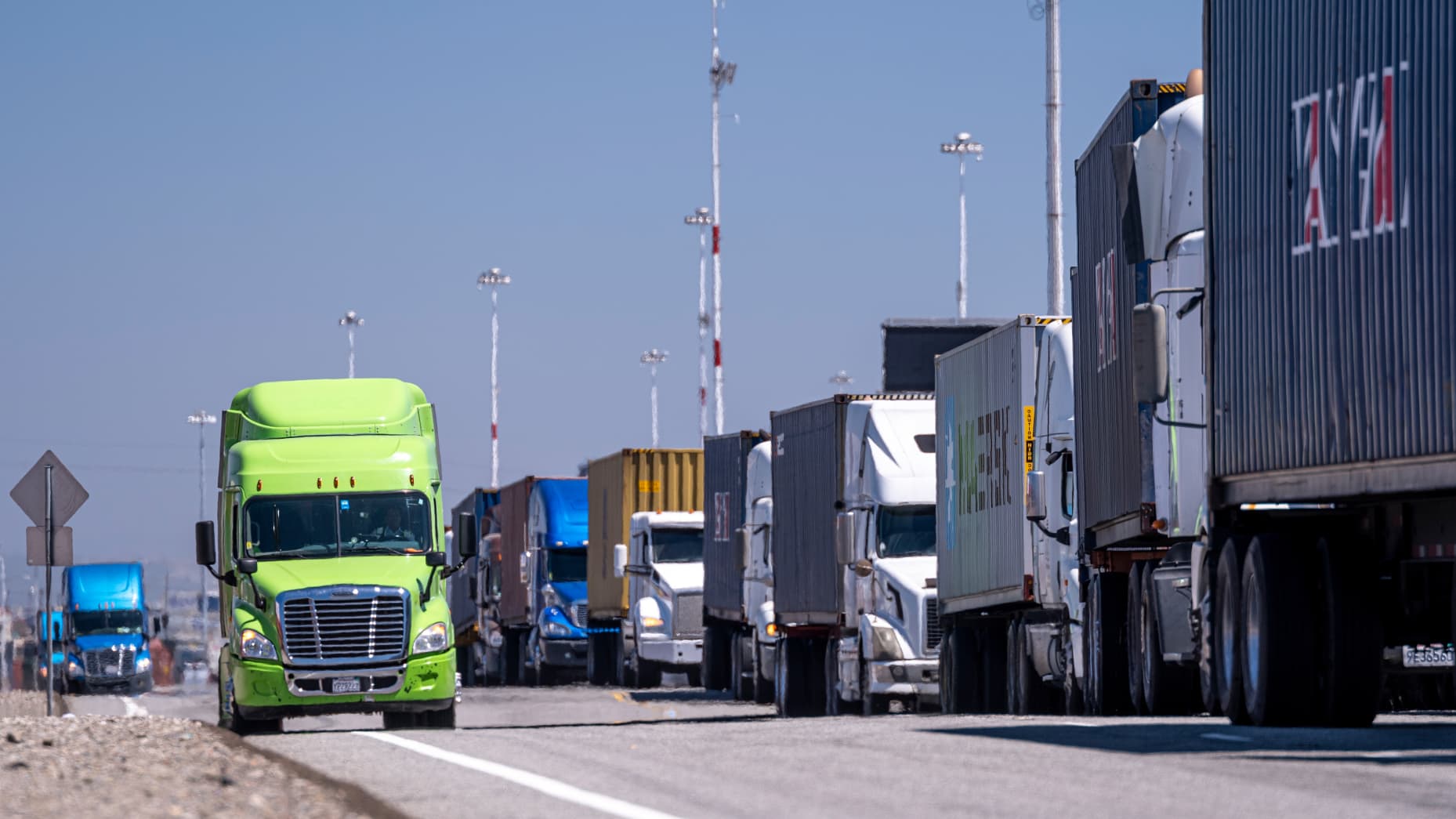Top Challenges in Freight Forwarding

Freight forwarding is the backbone of international trade, ensuring that goods move smoothly across borders and reach their destinations on time. However, as integral as freight forwarding is, it’s not without its challenges. From navigating complex customs regulations to managing unexpected shipping delays, freight forwarders face a variety of obstacles daily.
In this blog, we’ll break down the top challenges in freight forwarding and offer actionable strategies to help logistics professionals manage and overcome these hurdles.
Key Challenges in Freight Forwarding
Freight forwarding involves coordinating multiple moving parts, from booking carriers to managing customs paperwork. Here are some of the biggest challenges freight forwarders encounter:
1. Customs Clearance Delays in Freight Forwarding
Customs clearance is one of the most common and significant challenges in freight forwarding. Each country has its own customs regulations, and failing to meet these requirements can lead to costly delays and penalties. This is particularly challenging for freight forwarders handling shipments across multiple countries with varying regulations.
How to Overcome It:
To minimize customs delays, freight forwarders should stay updated on international trade regulations and build strong relationships with reliable customs brokers. Using digital documentation systems can help streamline customs paperwork and reduce the chances of errors.

2. Rising Freight Costs and Price Volatility
Freight forwarding costs are subject to change due to fluctuating fuel prices, surcharges, and seasonal demand. This price volatility can make it challenging for freight forwarders to maintain stable rates and control expenses, particularly during peak shipping seasons.
How to Overcome It:
Consider implementing fuel surcharge agreements to manage fluctuating costs more predictably. Additionally, negotiating long-term contracts with carriers can help lock in favorable rates, providing more financial stability. Using predictive analytics can also allow freight forwarders to anticipate pricing trends and make informed decisions.
3. Documentation Errors and Incomplete Paperwork
Documentation is a critical part of freight forwarding, as incomplete or incorrect paperwork can lead to delays, fines, and even legal issues. Given the volume of paperwork involved, from bills of lading to customs forms, errors are common.
How to Overcome It:
Investing in digital documentation and automated workflows can help reduce human error and ensure all paperwork is accurate and complete. Additionally, training staff on the importance of compliance and accurate documentation can minimize costly mistakes.
4. Limited Visibility in the Supply Chain
Supply chain visibility is essential for freight forwarders, as it allows them to track shipments, anticipate delays, and keep clients informed. However, achieving full transparency can be challenging, especially when coordinating multiple carriers and transport modes across different regions.
How to Overcome It:
Utilizing track-and-trace technology and integrated logistics management software can improve visibility across the supply chain. Real-time tracking tools allow freight forwarders to monitor shipments more closely, communicate proactively with clients, and make quick adjustments to address delays.
5. Managing Customer Expectations in Freight Forwarding
Clients expect reliable, fast, and affordable shipping services. However, delays, unexpected costs, and other unforeseen issues can lead to dissatisfied customers. Meeting customer expectations while managing the complexities of freight forwarding requires effective communication and transparency.
How to Overcome It:
Set clear expectations from the start, providing clients with realistic timelines and cost estimates. Regular updates on shipment status and proactive communication during delays can improve client trust. Outsourcing customer support to a BPO provider experienced in logistics, like Valoroo, can also enhance customer service, ensuring client inquiries are handled efficiently.
6. Handling Regulatory and Compliance Issues
Freight forwarding is subject to various international trade laws and compliance requirements. Failing to comply with these regulations can lead to penalties, delays, or reputational damage. Staying compliant with all local and international regulations is a constant challenge.
How to Overcome It:
Stay informed of changes in trade regulations and partner with compliance experts to ensure shipments meet all legal requirements. Regular compliance audits can also help identify potential issues before they escalate. Using logistics software that includes compliance checks can streamline this process and minimize risks.
7. Planning and Managing Unforeseen Delays
Freight forwarding is often affected by delays outside of a company’s control, such as bad weather, port congestion, or equipment breakdowns. These delays can disrupt schedules, increase costs, and damage customer relationships if not managed proactively.
How to Overcome It:
To mitigate the impact of unforeseen delays, freight forwarders should maintain a network of backup carriers and alternative routes. Developing a contingency plan and using predictive analytics to identify potential risks can help minimize disruptions. Keeping clients informed during delays is also essential for maintaining trust.

Leveraging Outsourcing to Overcome Freight Forwarding Challenges
Outsourcing specific tasks, such as back office support, customer service, and documentation management, can help freight forwarders focus on their core competencies while improving overall efficiency. Valoroo offers dedicated back office support for freight forwarders, including data entry, billing, and customer service, allowing logistics companies to streamline operations and reduce costs.
Why Valoroo Is the Right Partner for Freight Forwarding Support
Valoroo offers the best of both worlds with nearshore offices in Belize and Mexico and offshore support from the Philippines, allowing businesses to choose the most suitable model for their needs. Here’s why companies choose Valoroo:
Expertise in Logistics:
Valoroo’s team is trained in logistics-specific tasks, including documentation management, track-and-trace, and compliance support.
Scalable Solutions:
Our services are designed to scale with your business, allowing you to adapt to fluctuations in demand.
Logistics-Specific Talent
Valoroo’s teams are trained in logistics, order tracking, documentation, and back-office operations, making them the ideal choice for logistics companies looking to enhance productivity and efficiency.
Conclusion:
Freight forwarding comes with its own set of unique challenges, from managing documentation and navigating customs to handling customer expectations. However, by staying informed, investing in the right technology, and considering outsourcing options, freight forwarders can overcome these obstacles effectively.
If you’re looking to streamline your freight forwarding operations, contact Valoroo today to learn how our specialized back office support can help you tackle these challenges head-on.
Discover More at Valoroo!
You May Also Like
Discover More
Send a Message
We know that finding the right people is essential to your success. That’s why we’re here to help.
Address
9466 Black Mountain Rd,
San Diego, CA 92126
Phone
(858) 251-1210
